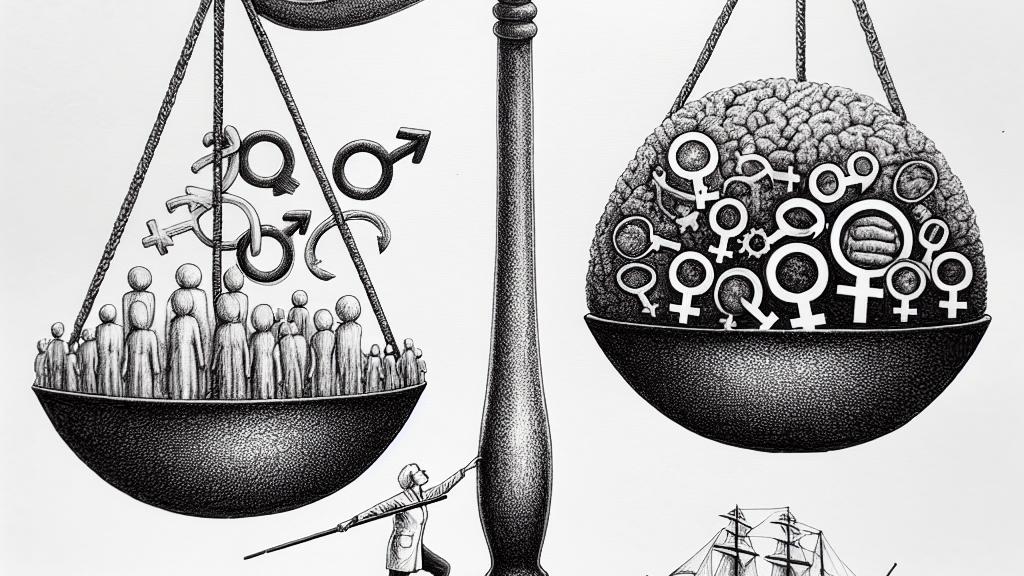Understanding Menopause Research and Its Importance
Overview
- Menopause affects over half the world's population, yet it struggles with severe underfunding.
- The transition raises significant health risks like heart disease, osteoporosis, and cognitive decline.
- Growing legislative initiatives and awareness efforts are paving the way for enhanced menopause research.

The Underfunding of Menopause Research
Menopause is an essential life stage encountered by nearly every woman, typically occurring between the ages of 45 and 55. During this transition, women often grapple with various distressing symptoms such as hot flashes, night sweats, and mood swings that can derail daily functioning. Shockingly, despite its widespread impact, the global investment in menopause research is alarmingly low. For instance, in 2023, the National Institutes of Health (NIH) allocated a mere $56 million to this vital area of study—an amount that pales in comparison to funding directed at predominantly male health conditions. This disparity not only underscores a systemic neglect of women’s health issues but also calls for immediate action to rectify this imbalance in medical research priorities.
The Health Risks and Symptoms of Menopause
The health implications of menopause extend far beyond mere discomfort. Women undergoing menopause are at an increased risk for serious health issues—factors like decreased estrogen levels can lead to heart disease, diabetes, osteoporosis, and cognitive decline, including issues like memory loss and difficulty concentrating. For example, many women report experiencing 'brain fog' during this phase, which can impact their job performance and personal lives significantly. Although hormone therapy presents a potential solution to alleviate troubling symptoms, earlier studies ignited fear about its risks, leading many to abandon it prematurely. It’s crucial to dispel these myths and provide clear, balanced information on the benefits versus risks of hormone therapy to empower women to make informed choices regarding their health.
Growing Initiatives and Legislation for Menopause Research
Encouragingly, we are seeing a shift in the recognition and prioritization of menopause research, driven by new legislative initiatives. The Menopause Research and Equity Act of 2023 aims to push the NIH to engage in comprehensive assessments and spur funding for menopause-related studies. This legislative effort is not just a formality; it represents a growing acknowledgment of the unique health challenges women face during menopause. Additionally, organizations like The Menopause Society have been instrumental in improving healthcare professionals' understanding of menopausal health. Remarkably, over the past few years, there has been a staggering fivefold increase in applications for certification as menopause specialists. This reflects a strong commitment to enhancing care for women navigating menopause, and with continued efforts, we can forge a future where women's health is prioritized and celebrated.

Loading...